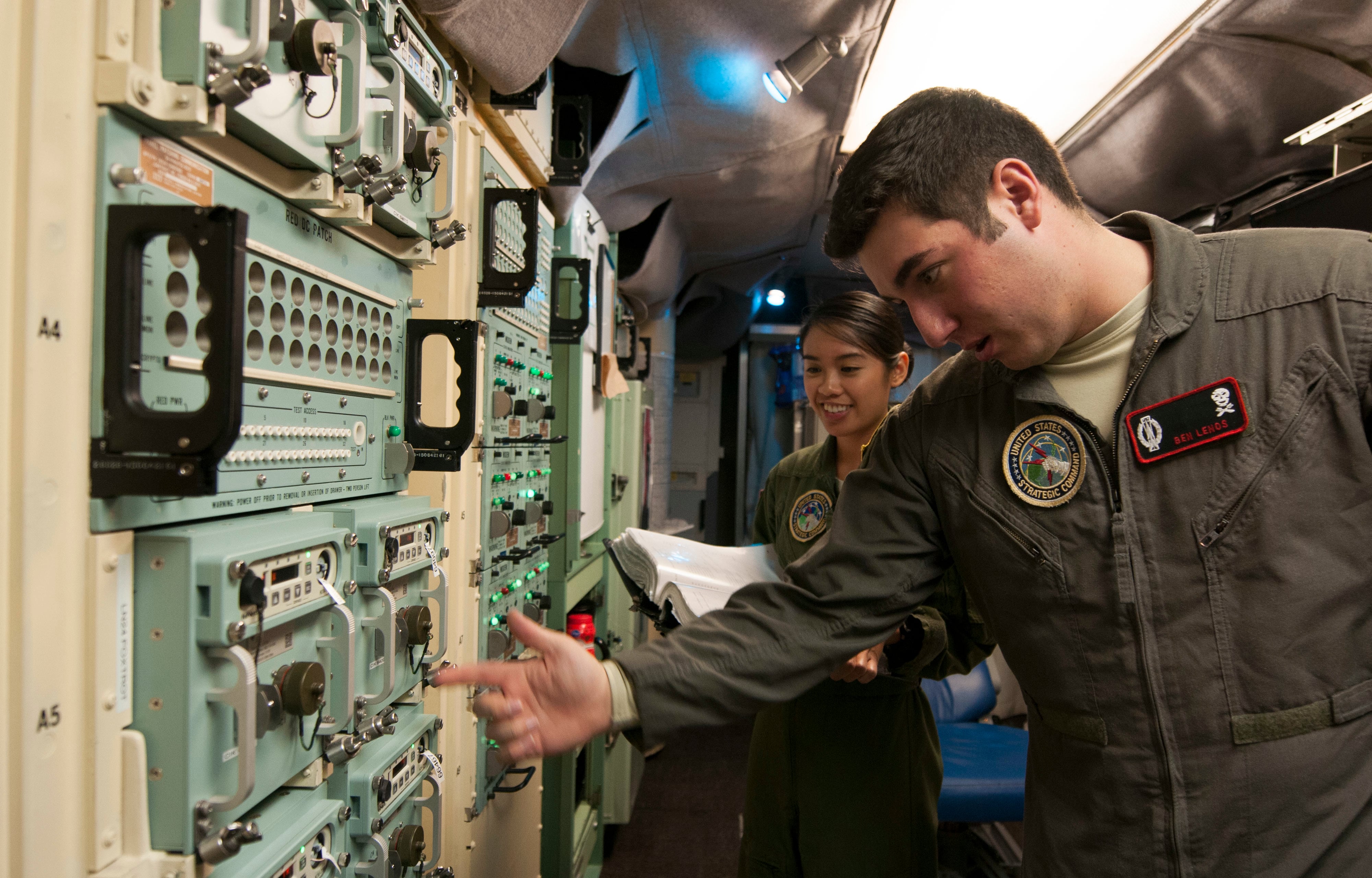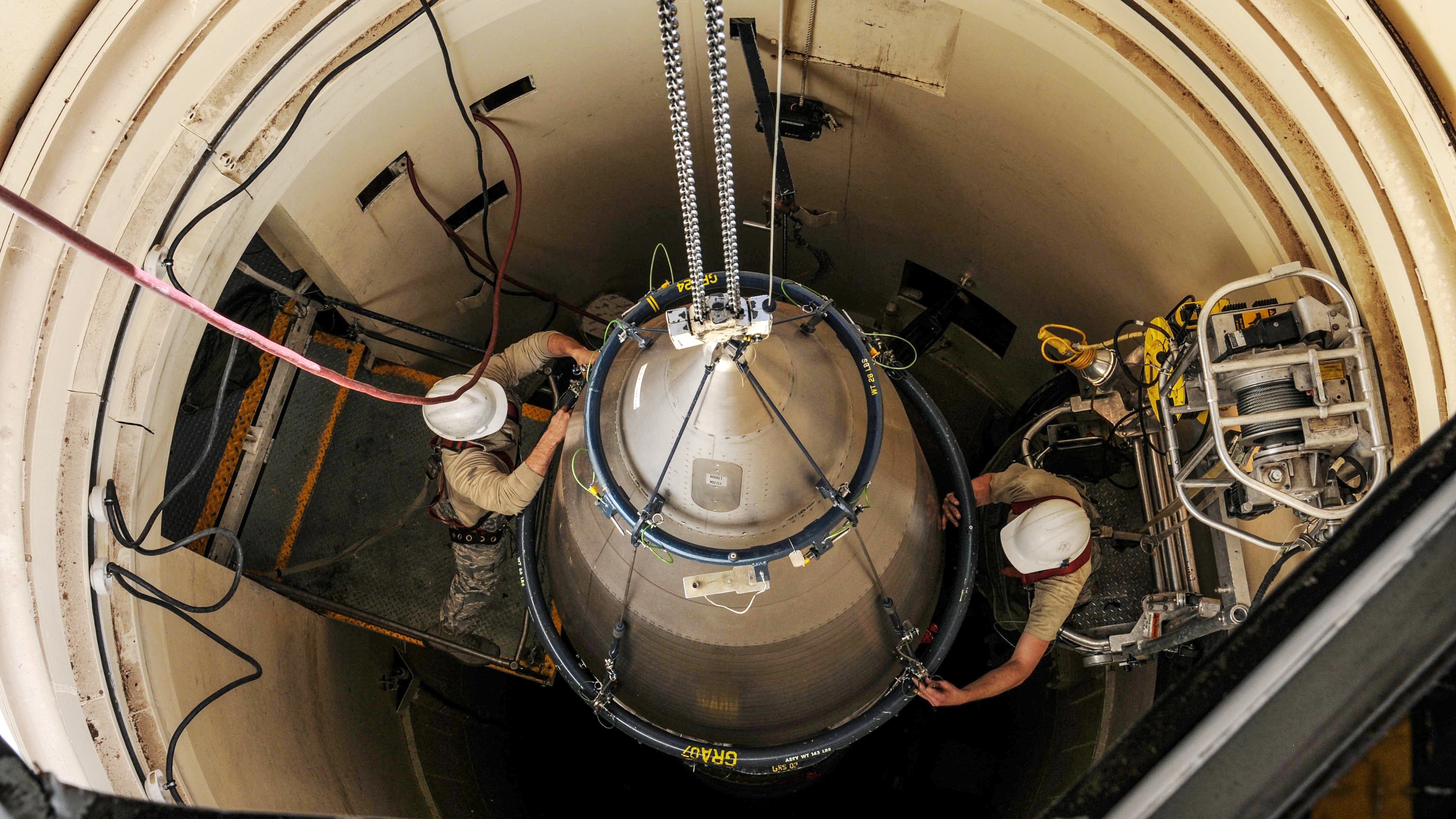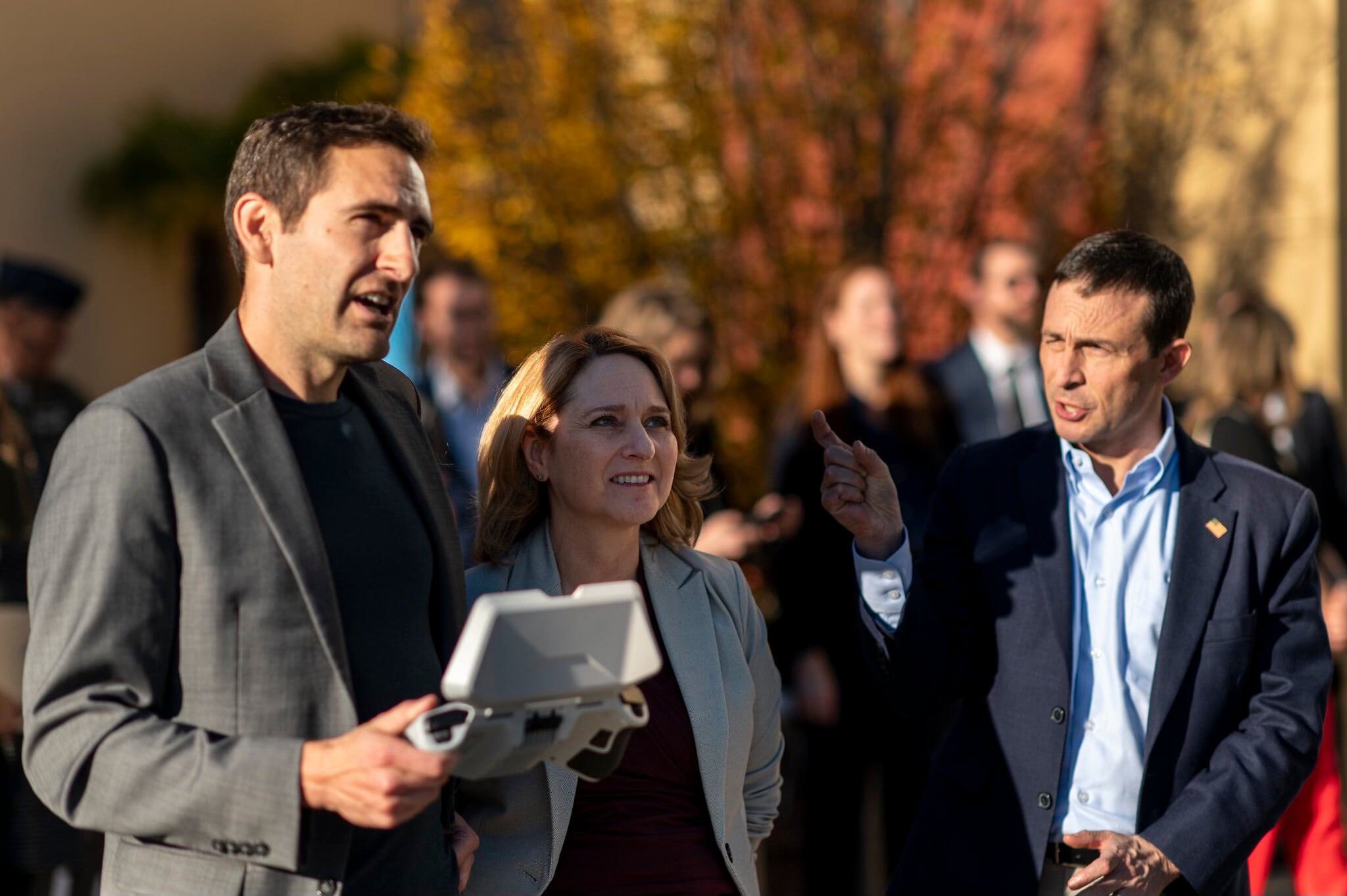The new coronavirus known as COVID-19 is changing life across America and the world, from massively shifting our daily work habits to triggering necessary precautions to prevent the spread of the disease. It’s no different for our military, and this widening pandemic has forced many of us to find novel solutions to a unique, unexpected set of problems.
One challenge I have as commander of an Air Force squadron that has to continue operating — no matter the circumstances — is something few of us had given a lot of thought. Because the equipment we use for our mission is at least 40 years old, many of my civilian employees are in their 50s and 60s, and among the most vulnerable to the coronavirus. In fact, a majority of them are in the “at risk” category. They are software developers and maintenance technicians who keep an automated nuclear messaging and targeting system for intercontinental ballistic missiles performing its vital function every day.
That type of expertise cannot be easily replaced. Many have more than 20 years of experience and know the squadron’s equipment like good auto mechanics know their own vintage automobiles.
So far, there are no cases of coronavirus within my squadron, and everyone remains healthy. Our commanders were swift in providing direction and guidance to ensure our nuclear mission remained uninterrupted during this national crisis, with the first priority being the protection of our people. That said, safeguarding our squadron members can really mean something different based on their individual vulnerability and relative to their individual contributions to the mission.

This virus is a different type of threat, a different type of “warfare.” For the Air Force, dealing with this threat goes well beyond just simple sanitation efforts. As the nation encourages non-mission-critical Americans to stay home and practice social distancing, this virus has forced everyone to ask some really hard questions. For example, what does “mission-critical” really mean? And, how do we ensure there are no negative impacts to vital functions during the pandemic?
My squadron is unusual in this sense. Every person is mission-critical, especially when considering the most vulnerable populations potentially not returning to work due to long-term, crippling medical effects, or, heaven forbid, mortality. This drives other hard questions. What steps can I take to prevent negative effects on our mission? How do I keep my people safe while continuing to perform our duties 24/7?
In some respects, the 595th Strategic Communications Squadron’s need to continue operations parallel many in the health care system. Our nation’s front-line doctors and nurses, like my airmen, are mission-critical to defeating the coronavirus. Our squadron is essential to making sure that America’s nuclear forces can deter potential adversaries.
RELATED

I am fortunate to have an amazing leadership team, who took time prior to the crisis to brainstorm and put plans in place to ensure we could operate safely and efficiently during the crisis. Ensuring health and sanitation procedures are in place only goes so far. Modern software development concepts are highly collaborative and require staff to work in closely knit teams. Recognizing that not having a software team in the same room can really slow progress in some cases, we have taken steps to mitigate the effects of physical separation. For my software developers, reorganizing office layouts and maximizing the use of telework agreements has allowed us to continue this vital work. As the situation progresses, we continue to refine processes, analyze workflows and make adjustments to cope with what could potentially be a long-lasting threat.
There is no “easy button” in command. Every situation is different, and no one really prepares a commander for the wide range of situations they will encounter. A commander will pick up a lot of leadership tools over the years from mentors, books, observations and lessons learned. Last year, one of my civilian employees was in the hospital after an exhausting bout with pneumonia and other medical complications. I realized then, more than ever, just how critical he was to our mission.
Because of that experience, he and many of my other aging civilian employees were my first thought when realizing the seriousness of the coronavirus and its potential effects on specific populations. We are taking this one day, one week at a time and are ready and prepared to endure for the long haul. Like many Americans, we are adapting and will continue to do so to keep our country safe.
Lt. Col. Jason F. Rossi is the commander of the 595th Strategic Communications Squadron at Offutt Air Force Base, Nebraska.






